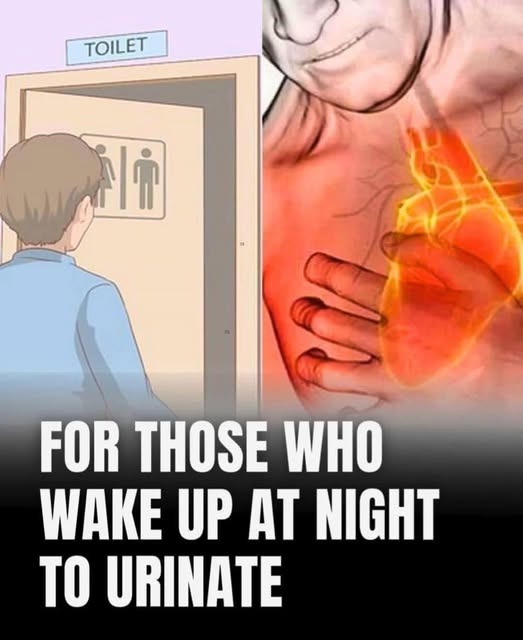Ask about your urination patterns (how many times, when, volume)
Review your medications and fluid intake
Perform a physical exam (especially prostate in men)
Order tests such as:
Urinalysis
Check for infection, sugar (diabetes), or concentration
Urine Culture
Confirm UTI
Blood Tests
Check kidney function, blood sugar, and electrolytes
Post-Void Residual (PVR) Test
Ultrasound to see how much urine is left after peeing
Bladder Diary
Track fluid intake and bathroom trips over 24–72 hours
Treatment Options: What Works
Treatment depends on the cause — so personalized care is key.
Lifestyle & Behavioral Changes
✅ Limit fluids 2–4 hours before bed — especially alcohol and caffeine
✅ Elevate your legs in the afternoon — helps reduce fluid buildup in legs
✅ Wear compression stockings — prevents fluid from pooling
✅ Take diuretics earlier in the day — so their effect wears off by bedtime
✅ Empty your bladder before sleep — even if you don’t feel the urge
Medications
Anticholinergics (e.g., oxybutynin) — Reduce bladder overactivity
Desmopressin — A synthetic form of ADH that reduces nighttime urine
Alpha-blockers (for men with BPH) — Relax prostate muscles to improve flow
Adjusting or timing medications — Your doctor may change your diuretic schedule
⚠️ Note: Medications can help, but symptoms often return when stopped.
Treat Underlying Conditions
Control blood sugar if you have diabetes
Treat sleep apnea with CPAP
Manage heart or kidney disease with proper care
Why It Matters: More Than Just Sleep Loss
Nocturia isn’t just about inconvenience. It can:
